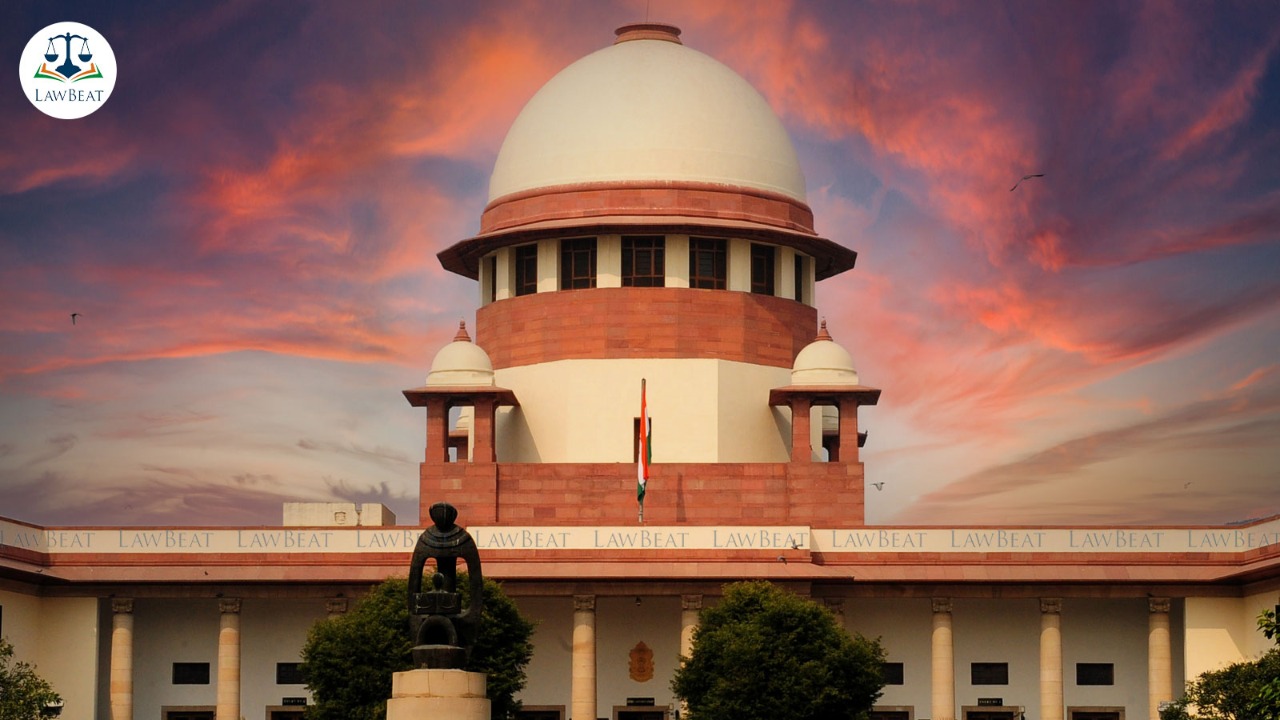Not to grant benefit of survivorship to daughter in father's property is bad law: Supreme Court

Court asked the Centre to consider whether it is just and necessary to keep the ST Community out of the scope of the succession law.
The Supreme Court recently observed that not granting the benefits of survivorship in father’s property to the daughter is bad law.
A division bench of Justices MR Shah and Krishna Murari was hearing a plea of a woman who was deprived of her share in the compensation with respect to a land that belonged to her father. It was her claim that there may not be any justification to deny the right of survivorship so far as the female member of the ST community is concerned.
The Court urged the Central Government to amend the law as it is bad law stressing that it disqualifies a scheduled tribe (ST) woman from being considered on par with male counterparts in matters of her share in the paternal property.
The court went on to say that "the right to equality is for every citizen, if the right to property has been extended to the non-tribal daughters there is no justification as to why the tribal women must be denied the right".
“Female tribal is entitled to parity with male tribal in intestate succession. To deny the equal right to the daughter belonging to the tribal even after a period of 70 years of the Constitution of India under which the right to equality is guaranteed, it is high time for the Central Government to look into the matter and if required, to amend the provisions of the Hindu Succession Act by which the Act is not made applicable to the members of the Scheduled Tribes” the Court said.
The Court asked the Central government to consider if it was just and necessary and withdraw the provision keeping STs out of the scope of the succession law.
However, the court regretfully said that it cannot pass an order giving the women compensation stating that when there is a conflict of law and equity, the law must prevail.
